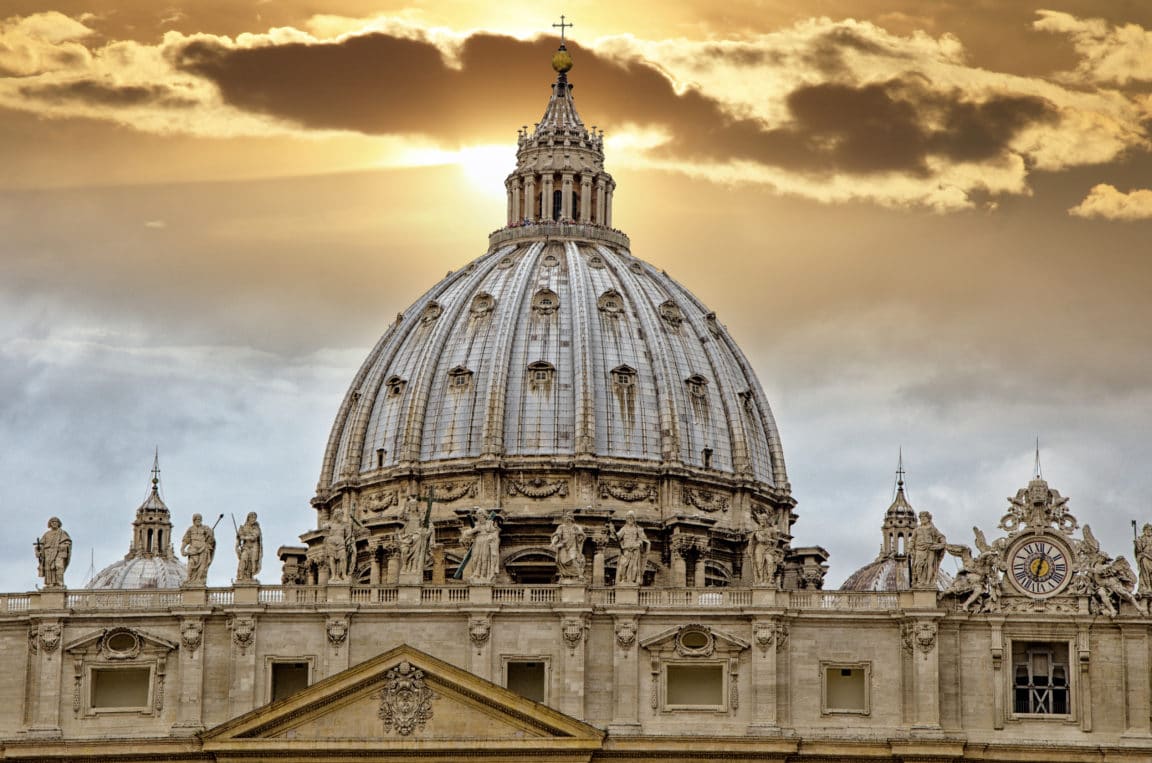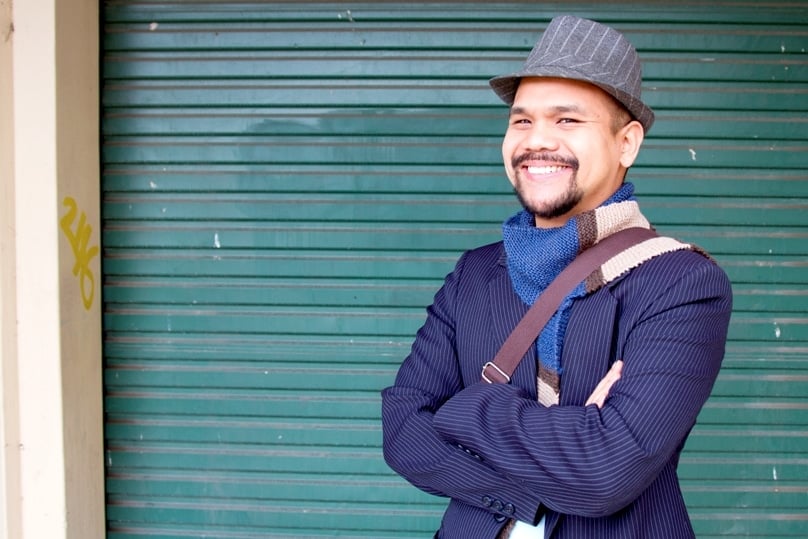
By now, World Youth Day pilgrims would have returned from their journey to Krakow and perhaps to other parts of Europe or the Holy Land.
Students at Campion College Australia, would have returned from their own journey, having immersed themselves in Rome and Southern Italy as part of the Rome Summer School organised by the college.
From my conversations with students, there seemed to be a common denominator: they now miss Rome.
Nothing is like it was before they went to Rome. Food and wine is now experienced differently, coffee is not the same anymore, walking down a local street is not the same anymore.
I detected in many the experience that many label “romesickness”.
It is the experience where, having returned to their home countries, visitors to or even long-time residents of Rome experience a tug akin to homesickness, only it is for another country. Indeed, for some, Rome was probably their first experience of something akin to a home, and thus, the experience of homesickness is very visceral.
This probably more universally applies to anyone who has had a memorable sojourn overseas. After coming back from the journey, we start pining for that destination left behind. Sometimes, this pining can be the result of the afterglow of a holiday having to face the imminent return to the office or the classroom.
At other times, however, this pining stems from something more than a mere reluctance to go back to the drudgery of work.
This experience of pining for foreign places often takes the form of a kind of homesickness. This experience can be particularly visceral when one has lived in that foreign land for a time, but they even come with respect to places that the person has not even visited.
Regardless of context, these alien lands often stir our hearts, and we may often find ourselves whispering to ourselves that one’s home was not where you are now, but in these foreign lands. For those that go through such an experience, it becomes particularly poignant when that tug of the heart only goes stronger with each passing season.

The experience of homesickness for places other than one’s own can be a theologically rich moment of reflection. At one level, this experience can be an analogue of a much deeper longing within us, for a native land that is not only unvisited by us, but one that categorically transcends the whole cosmos.
This experience of homesickness can be a reminder in the Letter to the Hebrews that we “are seeking the city that is to come” (13:14), and that until then, our hearts remain restless until we are restored to that place we have never been to, to borrow the beginning of Augustine’s Confessions.
In other words, our experience of longing can be but a faint echo on this side of the eschaton of a God given impulse to seek a more heavenly destination.
At the same time, however, precisely because this natural experience is only an echo of something more supernatural, there can also be a danger that our longing for other places can become an occasion for another supernatural experience, namely the experience of vice.
Here, the relevant vice is that of acedia, which is regarded by ancient mystics like Evagrius of Pontus as a demon, and is often linked to the capital sin of sloth. Often, sloth is linked with laziness, but we must dispense with such an easy association.
As the American theologian RJ Snell wrote in his book Acedia and Its Discontents, sloth can also be characterised by a frenetic restlessness that causes us to do everything and go everywhere except what we are doing here and where we are now. The experience of a restless longing for another place can be vice-ridden when it becomes a longing for a utopia – a non-place – which can draw us to neglect the actual place we are in.
Now, those who have lived in a particular place that they long for may protest that the particular places they are longing for are anything but utopias. The Jesuit social theorist Michel de Certeau reminds us, however, in his Practice of Everyday Life, that our worlds are always shifting, to such an extent that the place we thought was there never really remains. Anyone who returns to their place of longing after a time away will notice this if they look carefully.
Thus, even when we have had a real contact with that other place, that longing can nonetheless still be the result of the vice of acedia, whispering to us to abandon all we have and where we are.
Those of us who experience “romesickness”, who harbour longings for alien places might be doomed to spend our lives with their longings unresolved and always at risk of predisposing ourselves to vice, and in many respects, that is true.
On this side of the eschaton, we will always be in this precarious state.
We are however, also given in the Eucharistic Liturgy, a forum with which to reflect upon this longing.
We are, in the Eucharistic Liturgy, not only abstractly engaging in a form of prayer, but also gathering a people who are acting upon their longing for a place we have never been – Christ, whom Augustine called “the place we are going to, and the way we are going by”.
Yet, the vice of acedia is resisted precisely because of the incarnate nature of the Eucharistic lord, the Body of Christ compels us never to abandon our posts here on earth.
Related: Meet Dr Matthew Tan, theologian of the zombie apocalypse
